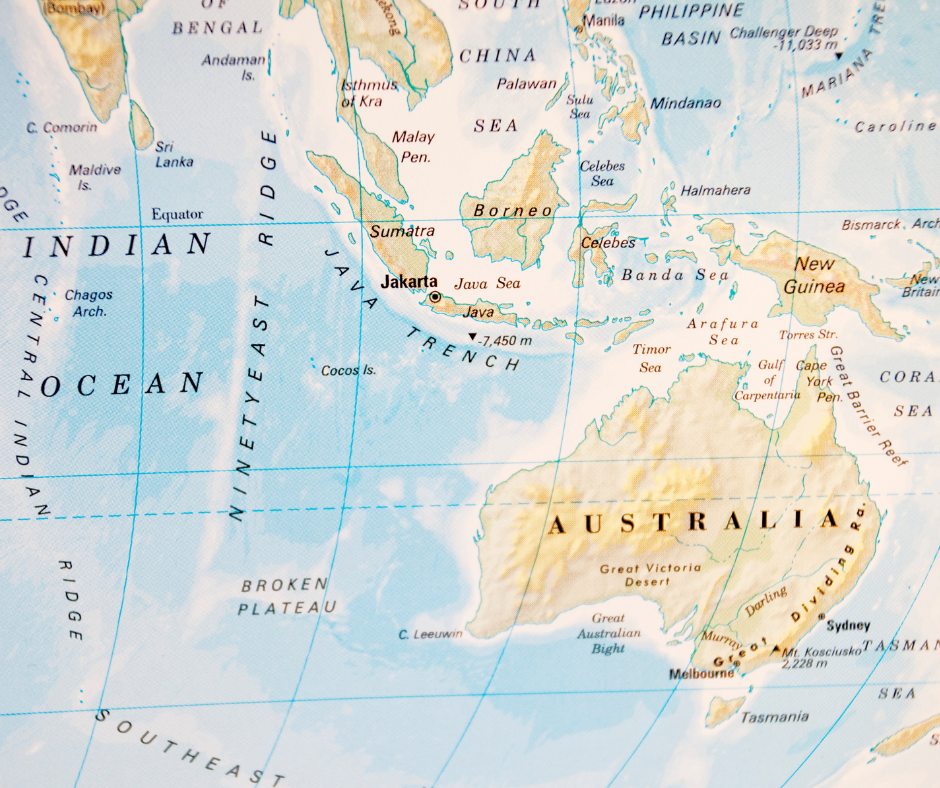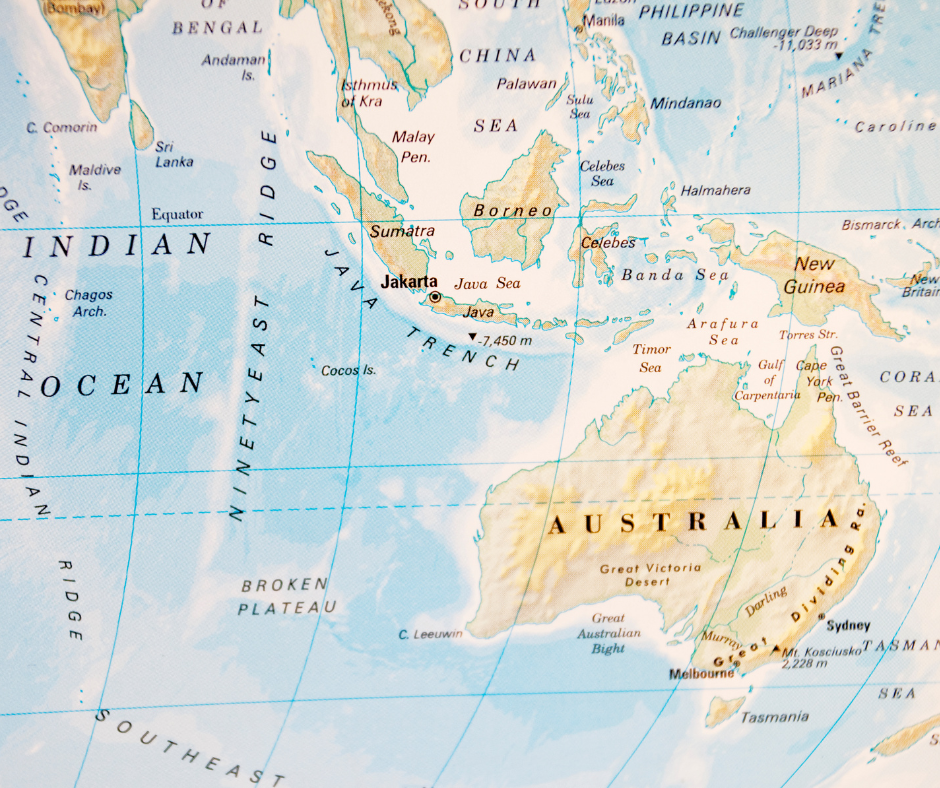Chinese research and survey vessels are persisting in their ocean mapping operations around the 90-degree ridge region, following the disclosure of Mandarin names for 19 sea-bed features in the Indian Ocean. The aim is to prepare for future submarine incursions into the Indo-Pacific.
Chinese research vessels and strategic satellite tracking ships have been operating in the Indian Ocean region over the last 10 years. The vessels have been conducting ocean bed mapping, with the intention of creating an alternative sea route via Lombok, Ombai-Wetar straits of Indonesia to reach the eastern shores of Africa through the South Indian Ocean route.
Chinese nuclear submarines can enter the Indian Ocean via these straits without giving up their position, which presents a potential security threat to democratic powers such as India, Australia and Japan.
The Chinese research and survey vessel, Hai Yang Shi You 760, completed its four-month-long ocean bed mapping mission in the Indian Ocean and crossed the Malacca Straits on April 13. The vessel is currently located off the coast of Singapore and is en route to the Chinese port of Zhangjiang, having replenished its supplies at the Indonesian port of Balikpapan, according to the marine traffic website.
According to reports, the PLA Navy is now the biggest naval force on the planet in size and numbers, and China is expanding its global footprint through sea-power. There are concerns that Chinese carrier strike forces may start patrolling the Indo-Pacific by 2025.
China's engagement of island nations off the eastern coast of Africa by co-opting them in Belt Road Initiative and gifting off-shore patrol vessels in the name of maritime security is also noted. Nations on Africa’s eastern seaboard, including South Africa, Djibouti, Sri Lanka, Pakistan, Myanmar, Cambodia and Laos, are under the economic levers of Beijing, which adds to the concerns over maritime security in the Indo-Pacific.

The rising clout of China is attributed to President Xi Jinping's undisputed leadership of the Communist Party of China. The authoritarian Middle-Kingdom's expansion can only be countered by faster decision-making from democratic powers.






